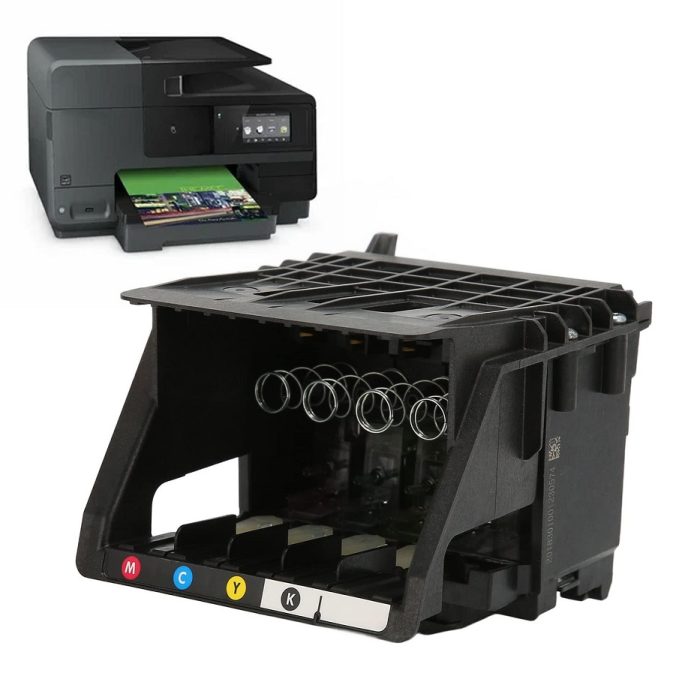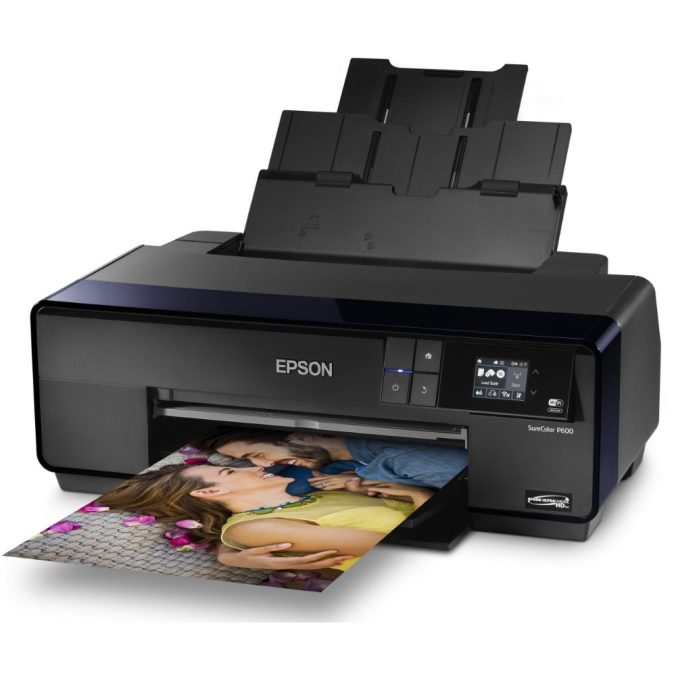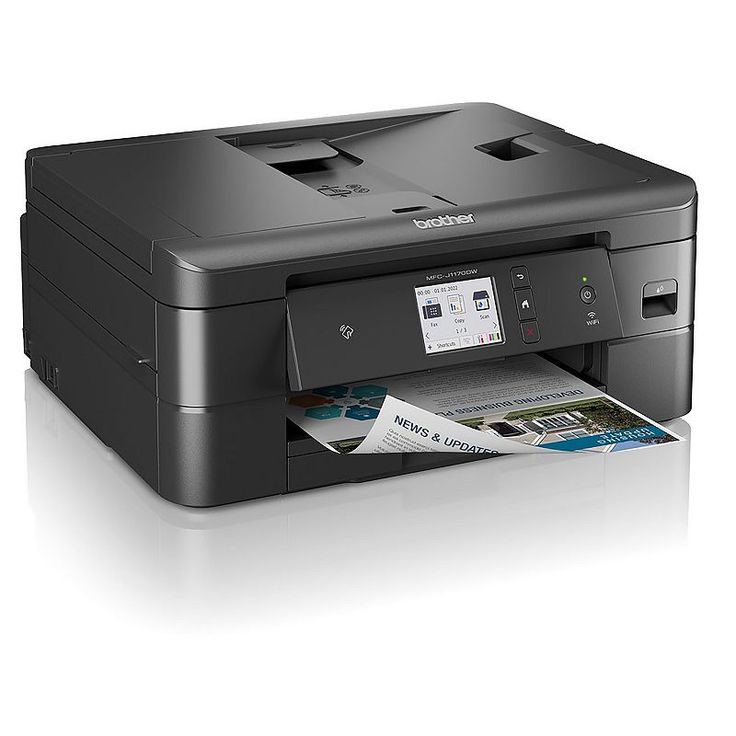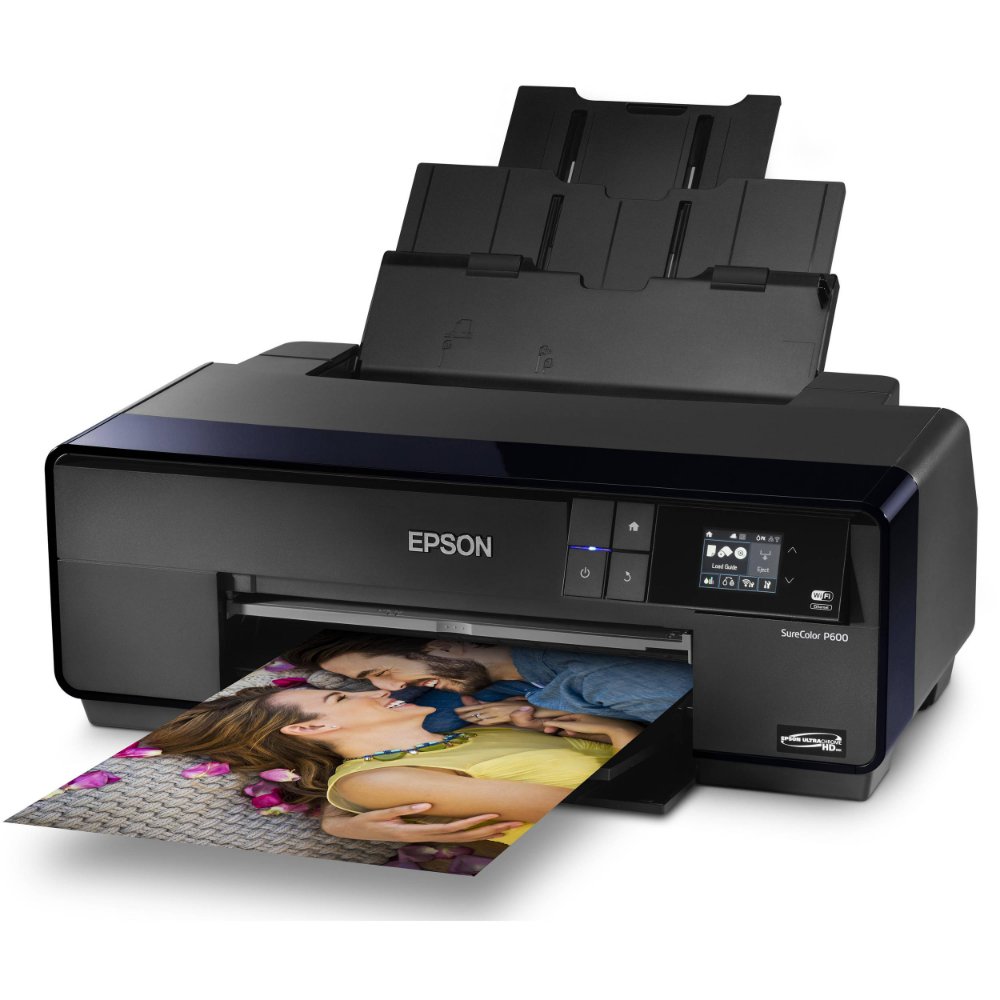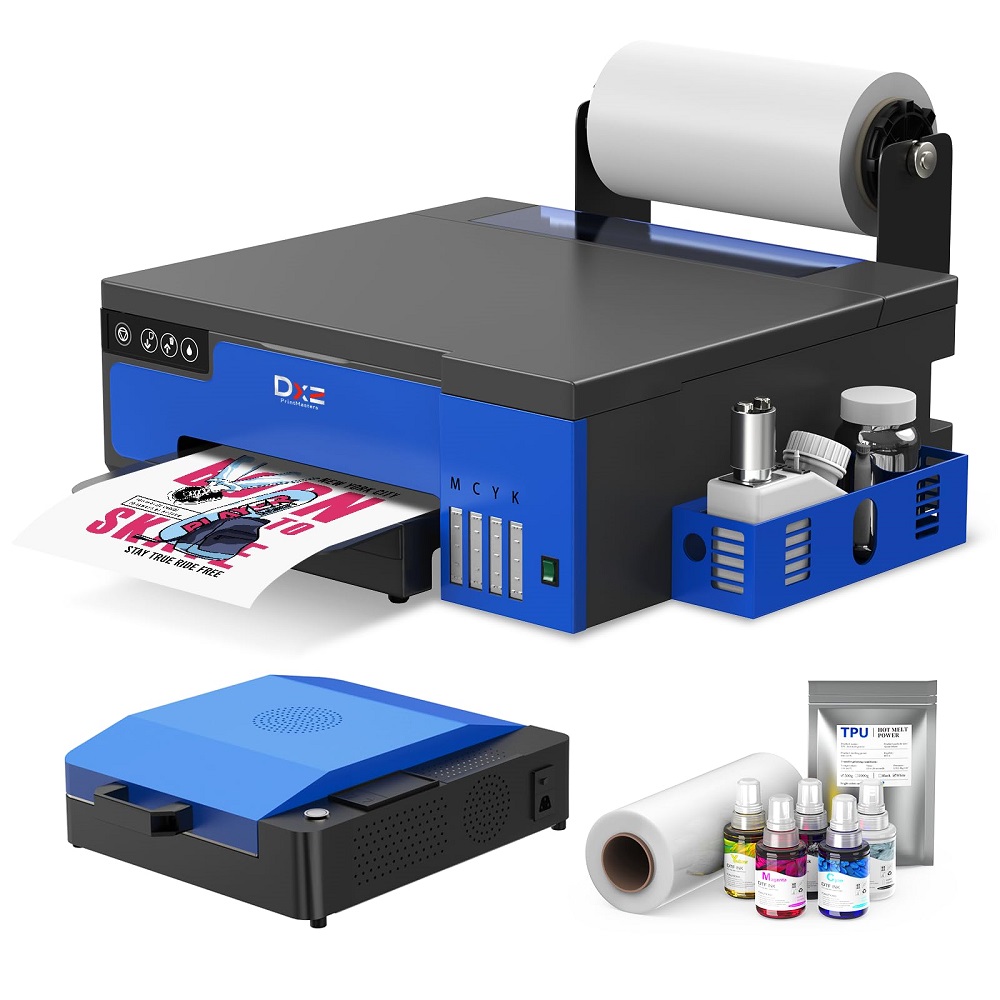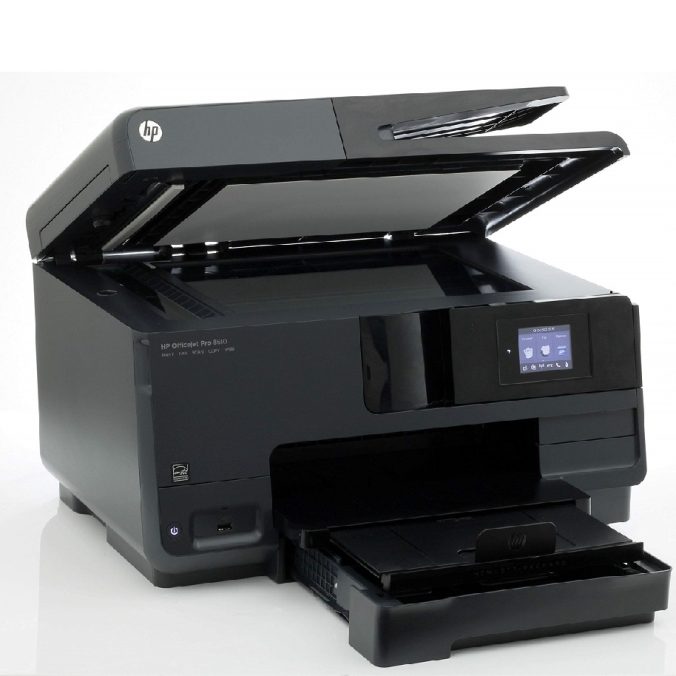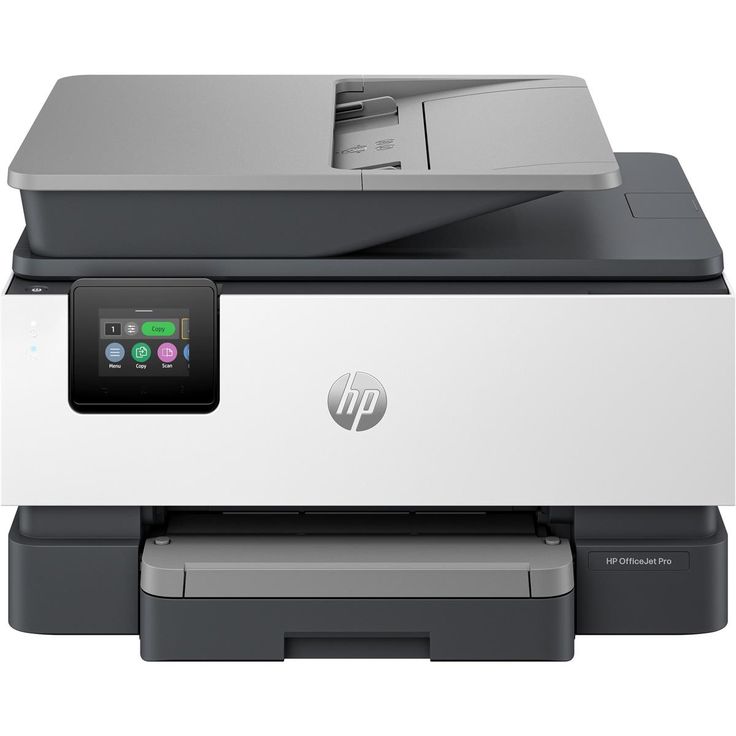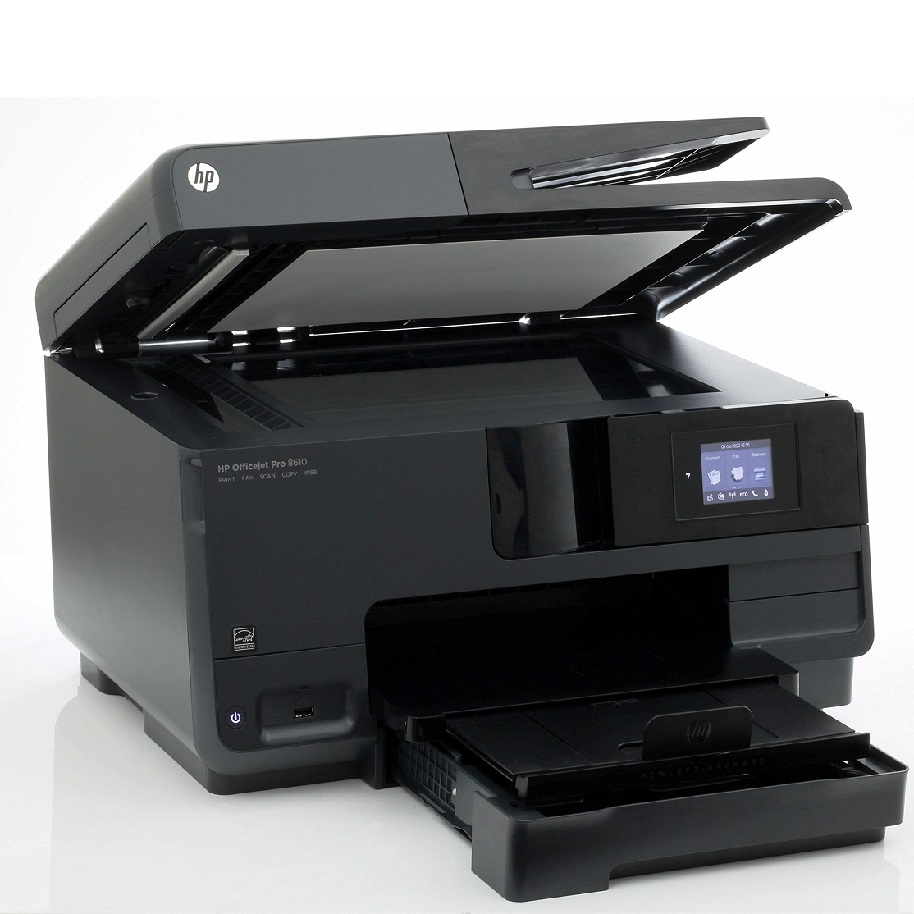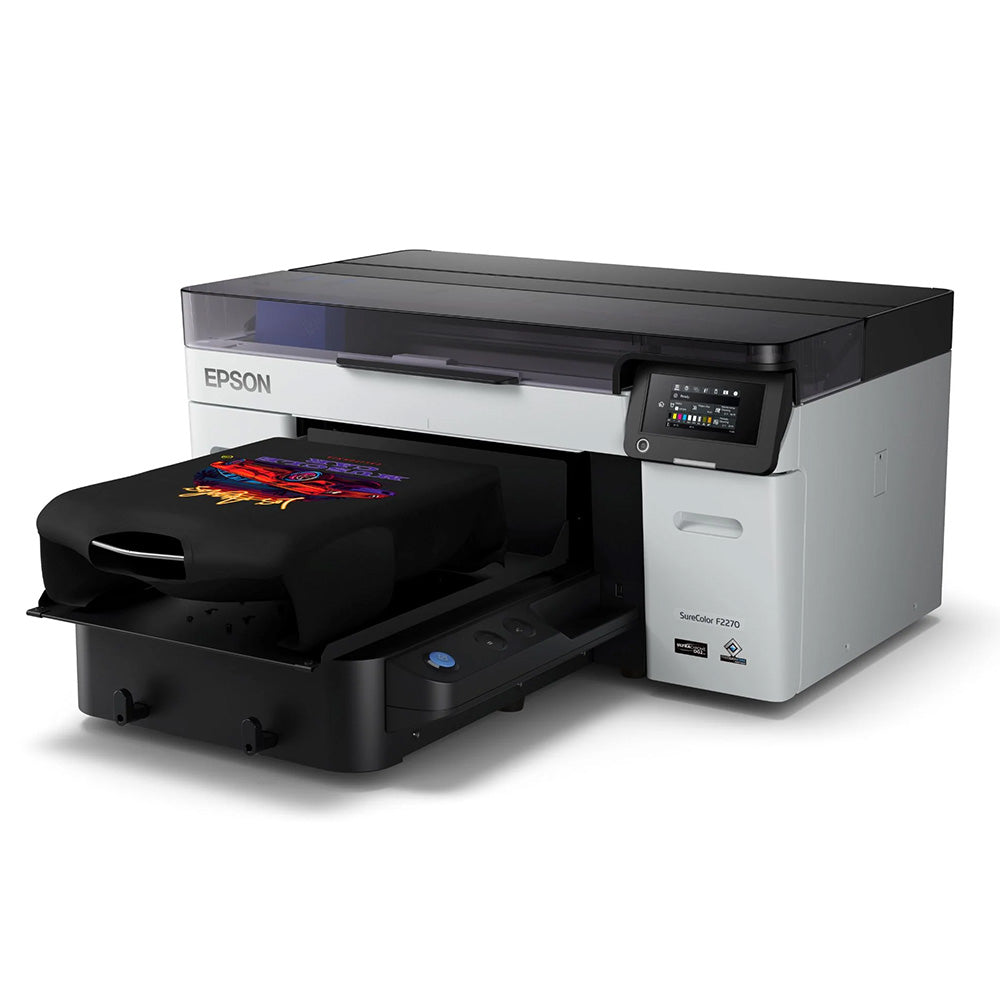Causes of ‘Driver is Unavailable’ Error
Understanding the root cause of the ‘driver is unavailable printer hp’ error is crucial in finding an effective solution. Here are the three main reasons that can lead to this frustrating issue:
Incompatible Printer Drivers
Incompatible drivers are a common cause for printer errors. When the printer driver is not compatible with your current system, it can’t communicate properly with your HP printer. This can happen after system updates or if you mistakenly install the wrong printer model’s drivers.
Out-of-Date Operating System
An operating system that hasn’t been updated can cause issues with drivers, including those for your HP printer. Keeping your OS up-to-date ensures that all components, including printers, function optimally as manufacturers often release updates that improve compatibility and performance.
Corrupted Printer Drivers
Drivers can become corrupted due to various reasons, such as system crashes, malware, or incomplete installations or updates. A corrupted driver will not function correctly, leading to the ‘driver is unavailable printer hp’ error message. Identifying and repairing corrupted drivers is key to resolving this issue.
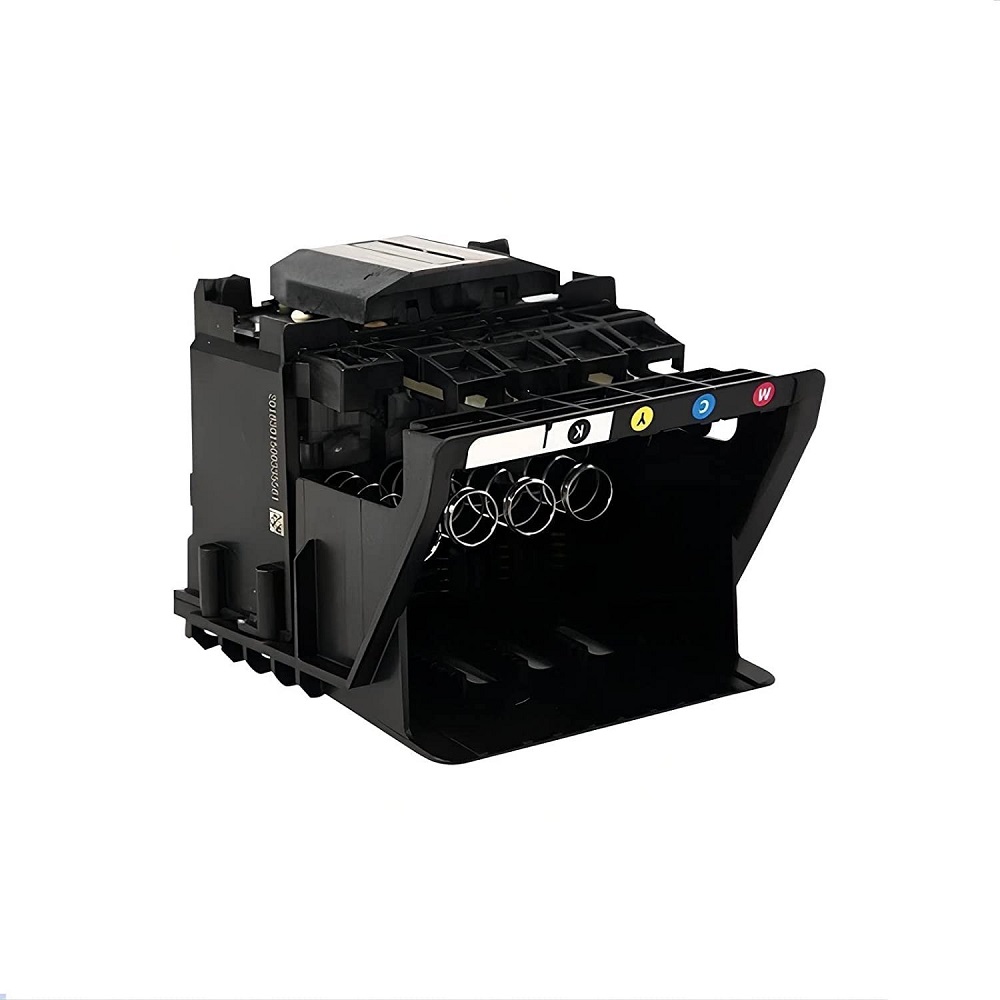
How to Identify Printer Driver Issues
Identifying printer driver issues is a crucial step in troubleshooting printing problems, as outdated or corrupted drivers can prevent your printer from functioning properly. Here are detailed steps and methods for recognizing driver-related problems.
Understanding Printer Drivers
Printer drivers serve as the communication link between your computer and the printer. They translate the data from your computer into a format that the printer can understand. If the driver is not functioning correctly due to being outdated, corrupted, or incompatible, you may experience various issues, including the printer not responding, poor print quality, or connection problems.
Common Symptoms of Driver Issues
Look for specific symptoms that may indicate driver problems:
Printer Not Found: If your computer can’t locate the printer, it may be due to a missing or corrupted driver.
Error Messages: Frequent error prompts, such as “Driver Not Available” or “Printer Driver is Missing,” suggest a need to update or reinstall the driver.
Unexpected Functionality: Features that previously worked (like duplex printing or color options) may suddenly stop functioning correctly. This can indicate a driver mismatch or corruption.
Print Jobs Stuck in Queue: If print jobs queue up without printing, the driver may be malfunctioning, preventing the printer from processing tasks.
Checking the Driver Version
To assess whether your printer driver is outdated, follow these steps:
Windows Users:
Open the Device Manager by right-clicking the Start button and selecting it from the list.
Expand the Printers section and locate your printer.
Right-click your printer and select Properties, then navigate to the Driver tab. Here, you can view the driver version and date.
Mac Users:
Click on the Apple menu and select System Preferences.
Please click on Printers & Scanners and select your printer from the list. Click Options & Supplies and check the driver version information.
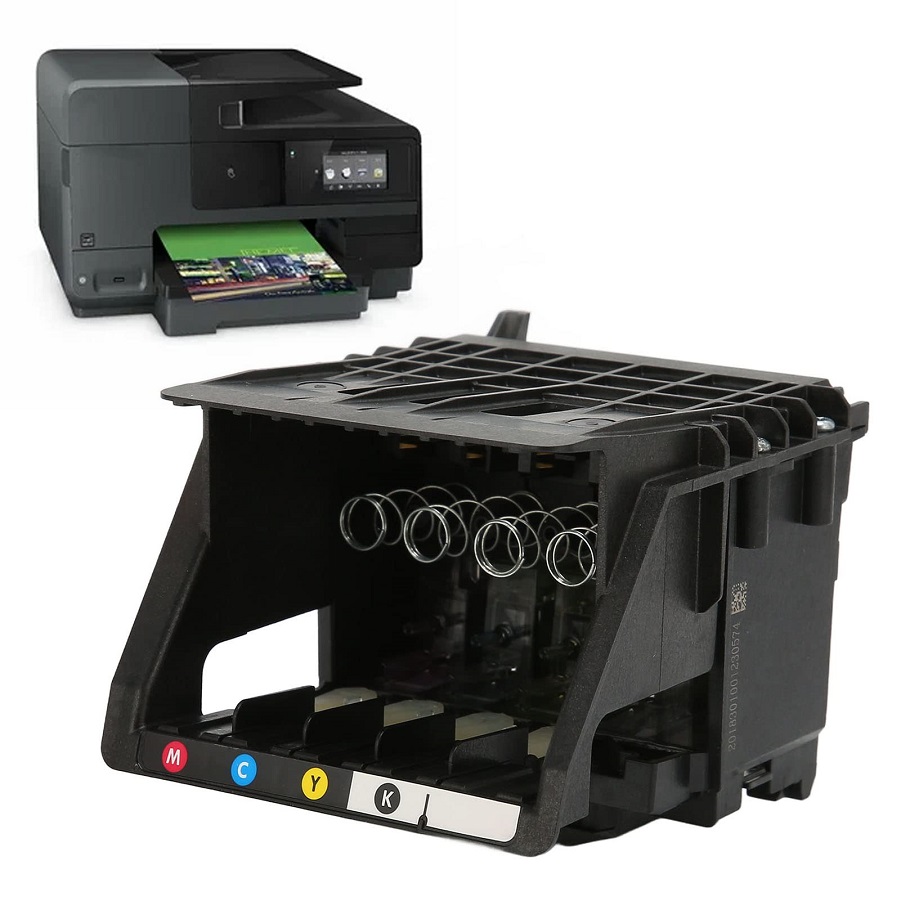
Verifying Driver Compatibility
Ensure that your printer driver is compatible with your operating system, especially after updates. When operating systems are updated (for instance, Windows upgrades), the corresponding printer driver might need a new version to work correctly.
Visit the HP website or the printer manufacturer’s site to verify the latest compatible driver for your printer model and operating system.
Using Windows Troubleshooter:
Windows has a built-in troubleshooter designed to detect and resolve printer-related issues automatically. To run the troubleshooter:
Open Settings > Devices > Printers & Scanners.
Click on your printer and select Manage. Then click on Run the troubleshooter.
Follow the prompts to diagnose any issues, including identifying driver-related problems.
Testing with a Different Computer
If possible, connect your printer to another computer. If it works properly on a different machine, the issue may reside with the original computer’s driver rather than the printer itself. This method can help you isolate whether the driver or the printer is at fault.
Checking for Updates
Visit the official HP website or your printer manufacturer’s site to check for the latest driver updates. Many manufacturers provide an automated tool for updating drivers. Always download drivers from official sources to ensure compatibility and security.
Reinstalling the Printer Driver
If you suspect the driver is corrupted, uninstalling and reinstalling the printer driver can resolve many issues:
Windows Users:
Go to Device Manager, locate your printer, right-click it, and choose Uninstall device.
Restart your computer, and Windows should automatically attempt to reinstall the driver. Alternatively, you can download the latest driver manually from the manufacturer’s website.
Mac Users:
Open System Preferences, go to Printers & Scanners, select your printer, and click the minus (-) button to remove it. Then, add the printer again to reinstall the driver.
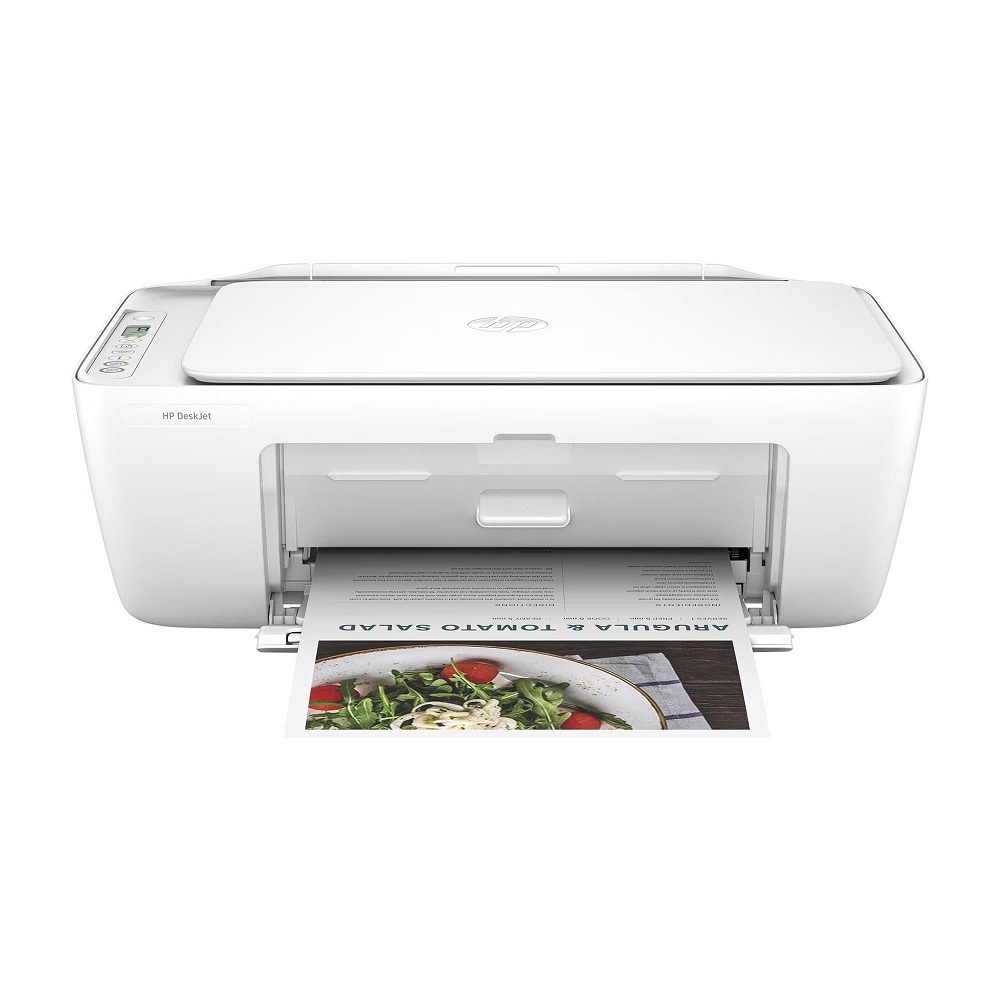
Consulting Online Resources
Utilize forums, user manuals, and tech support articles related to driver issues for your printer model. Engaging with the community can provide insights into common driver issues and solutions that other users have found effective.
In summary, identifying printer driver issues involves acknowledging the symptoms, checking the driver version and compatibility, and utilizing available troubleshooting tools. By following these steps, users can effectively pinpoint driver-related problems that may hinder printer performance and implement the necessary solutions to ensure optimal operation.
Step-by-Step Guide to Resolve Driver Issues
To tackle the ‘driver is unavailable printer hp’ error, follow this detailed guide. Address driver issues systematically for a successful outcome.
Updating Printer Drivers
First, try updating your HP printer’s drivers. Go to the official HP website and find the latest drivers for your model. Ensure you choose the ones that match your operating system. Download and install them, then restart your computer and printer to see if the error resolves.
Reinstalling Printer Drivers
If updating doesn’t work, you may need to reinstall the drivers. Uninstall the current printer driver from the ‘Control Panel’ under ‘Programs and Features’. Then download the latest drivers from the HP website and install them. Reconnecting the printer should prompt a fresh driver installation.
Rolling Back Printer Drivers
Sometimes, a recent update can cause compatibility issues. If this applies, roll back the drivers. In ‘Device Manager’, find your HP printer, right-click and select ‘Properties’. Go to the ‘Driver’ tab and click ‘Roll Back Driver’, if available. This returns you to the previous version, which may work better with your system.
Preventative Measures for Future
To prevent future ‘driver is unavailable printer hp’ errors, consider these proactive steps.
Regularly Updating Drivers and OS
Keep your drivers and operating system up to date. Manufacturers, including HP, often release updates that fix bugs and enhance performance. Set reminders or use automatic update features to stay current.
Using Reliable Sources for Driver Downloads
Always download printer drivers from reputable sources, preferably the official HP website. This avoids installing incorrect or malicious drivers that can cause problems.
Monitoring Printer’s Performance
Keep an eye on your printer’s performance. Look for signs of trouble like slow printing or error messages. Address issues promptly to avoid driver-related errors.
Alternative Solutions to Consider
If the previous methods don’t solve the ‘driver is unavailable printer hp’ issue, try these alternatives.
Using Windows Update for Driver Issues
Windows Update can sometimes provide the necessary drivers for your printer. Go to ‘Settings’, choose ‘Update & Security’, and click on ‘Windows Update’. Check for updates and install any available ones that might include driver software. This method is straightforward and keeps your system equipped with the latest drivers.
Seeking Professional Help
If you’ve tried troubleshooting and still face problems, seek professional help. Contact HP customer support for guidance. They can offer tailored support for your specific printer model. Tech forums, like the HP Support Community, also serve as excellent resources where you can ask questions and get advice from experts.
Tools and Resources
To further assist you with the ‘driver is unavailable printer hp’ error, here are essential tools and resources that can simplify the process.
Recommended Driver Update Tools
When it comes to keeping your printer drivers in check, using driver update tools can be a lifesaver. These tools scan your system and automatically identify out-of-date or corrupted drivers. Here are a couple of tools to consider:
- HP Support Assistant: A free tool that comes pre-installed on HP computers. It helps maintain your PC and printers by assisting with updates.
- Driver Booster: A user-friendly application that allows you to update outdated drivers quickly. It supports multiple devices, including HP printers.
Use these tools regularly to ensure your HP printer drivers are always up to date, reducing the likelihood of encountering the ‘driver is unavailable’ error.
Online Resources for Troubleshooting
For additional help, online resources can provide valuable information and community support:
- HP Official Support Page: Offers a comprehensive database of troubleshooting guides and the latest driver downloads for your HP printer.
- HP Support Community: An active forum where you can post questions and receive answers from other HP users and experts.
Always make sure to use trustworthy resources when seeking help to avoid potential harm to your computer or printer. Regularly visiting these online sources can keep you informed about common issues and solutions relating to HP printer drivers.
